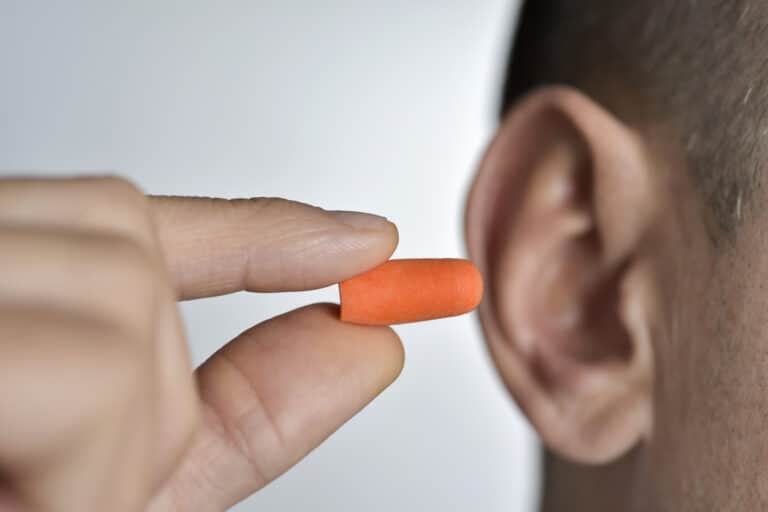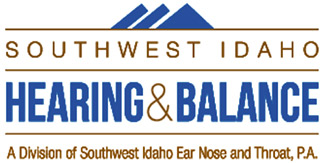Exposure to loud noise is one of the leading causes of hearing loss. Since October is Audiology Awareness Month, we thought it was a perfect time to go over the ways you can protect your hearing this month and every other day of the year.
How Loud Noise Can Lead To Hearing Loss 
Noise-induced hearing loss occurs when excessively loud noise damages the hair cells of the inner ear that help us to process sound. Once these hair cells are damaged, they cannot regenerate or be medically repaired. Permanent hearing loss will occur once enough hair cells are damaged.
Sounds That Can Damage Your Hearing
While you may think that only exceptionally loud noises (such as an explosion) can cause damage to your hearing, any noise over 85 decibels (dB) can pose a risk. This means that many common activities have the potential to reach harmful volumes, including:
- Hunting
- Riding motorcycles and snowmobiles
- Attending rock concerts or sporting events, such as a football game at Albertsons Stadium
- Listening to music at high volume through earbuds or headphones
- Mowing the lawn
- Using a leaf blower
Additionally, many people are exposed to noises above 85 dB if they work in certain jobs such as construction or manufacturing.
The Importance of Hearing Protection Devices
The good news is that you don’t have to quit your job or give up participating in activities you enjoy in order to keep your ears safe. You just need to make sure you wear proper hearing protection when you do.
Unfortunately, many people who should wear hearing protection simply don’t. A 2018 survey included questions about the use of hearing protection devices, such as earplugs or earmuffs, during recreational exposure to loud athletic and entertainment events. They found that only approximately 8% of respondents reported consistent use HPDs at these events.
By not using HPDs, you not only risk permanent hearing loss but tinnitus and balance issues as well.
Other Ways To Take Care of Your Hearing
In addition to wearing earplugs or other HPDs when exposed to loud noise, there are other steps you can take to reduce your risk of hearing loss, which include:
- Keeping the volume at a reasonable level when you listen to music with headphones or earbuds
- Eating a diet rich in healthy foods and getting regular daily exercise to prevent illnesses that can damage your blood vessels and harm your hearing
- Scheduling an appointment for a hearing test at the first sign of a problem
- Using your hearing aids or other listening devices if hearing loss is found
For more questions about hearing protection or to schedule an appointment, call Southwest Idaho ENT today.


